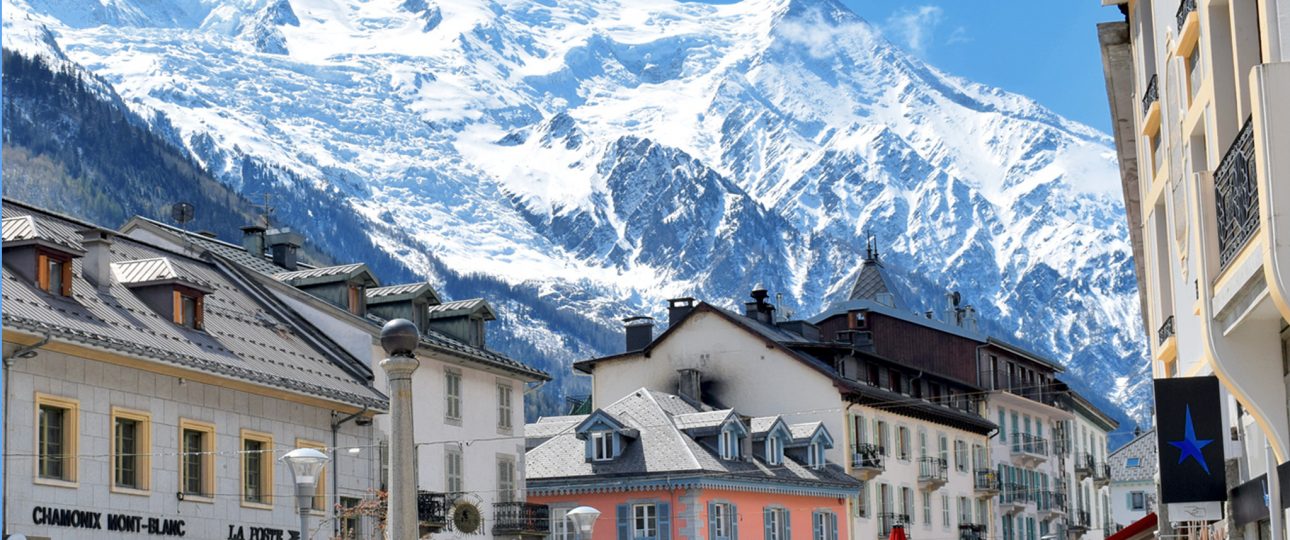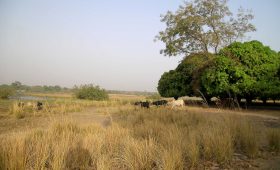Chamonix-Mont-Blanc, often simply referred to as Chamonix or locally as Cham’, is a picturesque mountain commune in the Haute-Savoie department of the Auvergne-Rhône-Alpes region in southeastern France. Nestled between the majestic Aiguilles Rouges and the Mont Blanc massif, Chamonix is renowned for its stunning alpine scenery and rich history of mountaineering.
Historical Background
Chamonix’s history dates back to 1091 when Count Aymon I of Geneva granted the valley to the Abbey of Saint-Michel-de-la-Cluse in Piedmont. This marked the establishment of the Chamonix Priory. Over the centuries, the area transitioned from being part of the Duchy of Savoy to becoming French territory following the Treaty of Turin in 1860. The town officially adopted the name Chamonix-Mont-Blanc in 1921, reflecting its proximity to the iconic Mont Blanc.
Geographical Significance
Chamonix-Mont-Blanc is one of the highest communes in France, sharing this distinction with Saint-Gervais-les-Bains and Saint-Véran. The presence of Mont Blanc, the tallest peak in the Alps at 4,810 meters, makes it a magnet for alpinists and outdoor enthusiasts. The town itself is situated at an altitude of 1,035 meters, offering breathtaking views and a cosmopolitan atmosphere.
Getting There
Traveling to Chamonix-Mont-Blanc is convenient with several options:
- By Air: The nearest international airport is Geneva, approximately 88 kilometers away. Shuttle services and private transfers are available to Chamonix.
- By Train: Chamonix is accessible by train, with connections from major cities like Geneva, Paris, and Lyon, providing scenic views of the French countryside.
- By Car: The A40 motorway offers a scenic drive through the Alps to reach Chamonix.
Best Time to Visit
Chamonix-Mont-Blanc is a year-round destination, with each season offering unique experiences:
- Winter (December to February): Perfect for skiing and snowboarding, with well-maintained slopes and a vibrant winter sports scene.
- Spring (March to May): Ideal for hiking and mountaineering as the snow melts, revealing blooming alpine flora.
- Summer (June to August): Enjoy hiking, mountain biking, paragliding, and rock climbing in pleasant weather.
- Fall (September to November): The autumn colors provide a peaceful atmosphere and excellent photography opportunities.
Local Transportation
Getting around Chamonix and its surroundings is easy with several options:
- Public Bus: A reliable bus network covers the entire valley, facilitating visits to nearby attractions and villages.
- Montenvers Train: This train takes you to the Mer de Glace glacier, offering breathtaking views.
- Cable Cars and Gondolas: An extensive network provides access to hiking trails, mountain peaks, and panoramic viewpoints.
Activities and Attractions
Chamonix is a hub for outdoor activities:
- Alpinism and Mountaineering: The town is a historic center for mountaineering, attracting climbers from around the world.
- Adventure Sports: Known as the “adventure capital of Europe,” Chamonix offers ice climbing, paragliding, and white-water rafting.
- Natural Beauty: Explore the protected fauna and flora of the Aiguilles Rouges reserve and the region’s stunning glaciers.
- Cultural Insights: Discover the area’s history, nature, and museums for a deeper understanding of Chamonix’s heritage.
Considerations for Visitors
While Chamonix offers incredible experiences, visitors should be aware of certain challenges:
- Mountaineering and high-altitude activities require proper preparation and equipment. Hiring a guide is recommended for safety.
- The area can be crowded during peak seasons, so plan accommodations and activities in advance.
- Weather conditions can change rapidly in the mountains, so always check forecasts and be prepared for sudden changes.
Chamonix-Mont-Blanc, with its blend of natural beauty, adventure, and rich history, offers an unforgettable experience for travelers seeking both thrill and tranquility in the heart of the French Alps.




